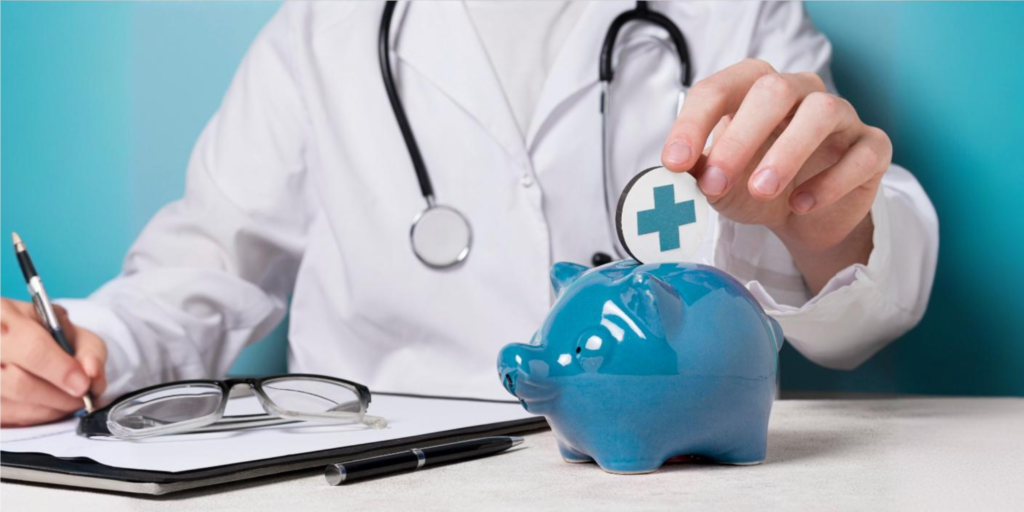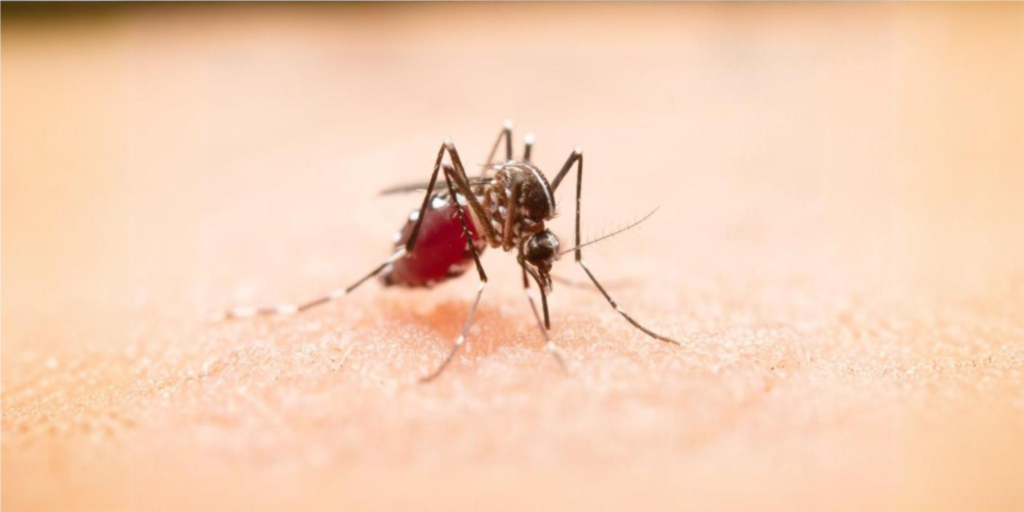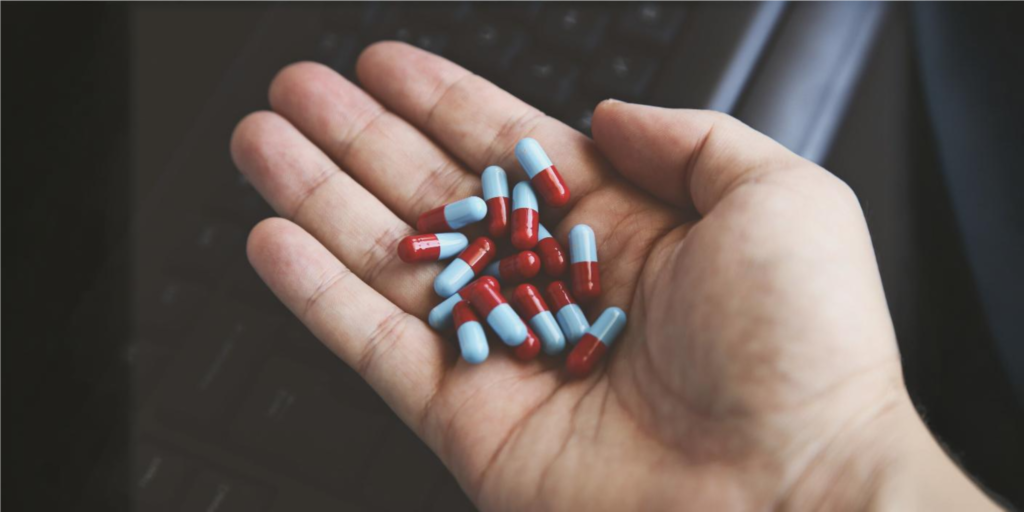Tags
Fact-check: St. John’s wort not superior to antidepressants
Author
Author
- admin / 2 years

- 0
- 2 min read

It’s understandable that patients would be tempted to prepare the herbal tea at home instead of consulting with a mental health expert. But St. John’s wort isn’t consistently effective remedy for depression.
By Tej Kumar
Depression is a common mental disorder that affects nearly 280 million people in the world, according to the World Health Organization. However, the stigma of the ailment, along with the many myths and misconceptions, deter patients from seeking timely care from qualified healthcare professionals.
For instance, a YouTube video claims that a popular herb called St. John’s wort treats depression better than many pharmaceutical antidepressants. It’s understandable that patients would be tempted to prepare the herbal tea at home instead of consulting with a mental health expert. But does St. John’s wort really alleviate depression?
First Check did a keyword search on this claim and found this report published in the National Institutes of Health (NIH). “St. John’s wort isn’t consistently effective for depression. Do not use it to replace conventional care or to postpone seeing your health care provider,” it stated. Also, combining St. John’s wort and certain antidepressants can lead to a potentially life-threatening increase in the body’s levels of serotonin, a chemical produced by the nerve cells.
“St. John’s wart is a herbal remedy that is sold as a dietary supplement rather than a medicinal drug in many countries. There is no prescribed dosage and it is not the same as medical anti-depressants. There are many anti-depressants that are far more superior,” says Dr Debanjan Banerjee, consultant - psychiatry, Apollo Multispeciality Hospitals, Kolkata, India.
Depression is a complex disease and researchers are still trying to understand what exactly causes it. There is an imbalance of neurotransmitters within the brain like serotonin, noradrenaline, and dopamine, among others. While there is no direct causative link between alcohol and depression, it can be a contributing factor.
It's important to seek professional medical care at the earliest. Today, there are effective treatments. People can recover from depression and live long and healthy lives.










